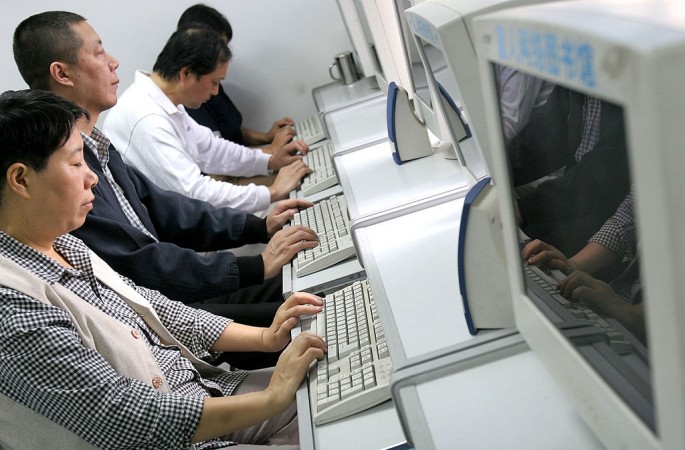China presents a challenge to global Internet security by presenting concepts that ultimately contradict the United States’ free flow of information amid criticisms on the Asian giant’s cyberspace activities.
According to The Daily Signal, China's leaders see the potential and value of information with regard to making or breaking the current regime.
The outlet said that the People's Republic of China is looking to improve their "comprehensive national power" by balancing economic, social, military, political and cultural factors.
However, this is not sitting well with Western nations, particularly the U.S., who recently released a report on China's ramped up cyber-warfare capabilities.
China Champions New Global Norm
"In the information age, information is the vital resource that enables all types of power," The Daily Signal declared.
With this and China's means in mind, the Asian giant can be considered as one of the top nations who hold massive power.
According to the outlet, the country remains unsatisfied even after putting up the infamous Great Firewall of China and an army of Internet censors "to limit the informational threat" that might be detrimental to the regime.
The Daily Signal said that this was because Beijing wishes to "control and influence all information flowing to China" which defines their need to mold even the international structure to impede the free flow of information even if that means contending the U.S. norm.
"China is interested in setting the global norms for cyberspace, but in ways that fundamentally challenge and contradict the free flow of information that the United States has long championed," the outlet explained.
China's Cyberspace Actions Seen from the Outside
While China sees its actions as necessary for the survival of the current regime, onlookers from the outside see them as a threat to international security.
Pentagon's annual report, which it presented to the U.S. Congress this week, particularly points out that China's "information dominance" is a strategy to give the country the advantage in "effectively winning a military conflict in its early stages," the Info-Security Magazine said.
"Chinese military writings describe informationized warfare as an asymmetric way to weaken an adversary's ability to acquire, transmit, process, and use information during war and to force an adversary to capitulate before the onset of conflict," the magazine cited the Pentagon report.
Furthermore, the Department of Defense report believes that their cyberspace control will allow the country to "collect data for intelligence and potential offensive cyberoperations (OCO) purposes."



























